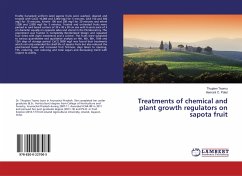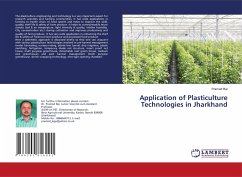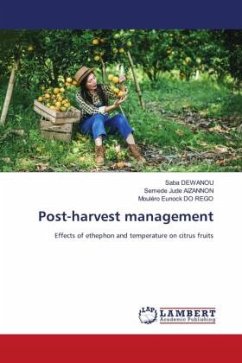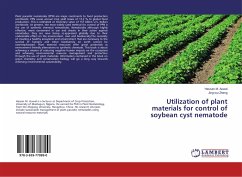Increasingly, the consumer awareness against chemical pesticides and environment conservation increase scope of organic agriculture in Nepal and other partes of world. Climacteric hoticultural crops which are ripened by using hazardous chemicals pose a great threat to consumers health. In this connection, there is need for alternative methods of ripening with no harmful effects upon the consumers health and environment. Nepal, being an exciting land of soil and climatic diversity, have biodiversity. Among them, there are potent ripening regulators being used by farming communities since time immeomorial in ripening of climacteric fruits. Those indigenous plant mateirals due to their capacity to release bioethylene are being used by farmers for ripening. This bioethylene can trigger the ethylene production process in the fruits therby enhancing ripening process. This potential of plant materials can be tapped only by using those resources for agriculture development.
Bitte wählen Sie Ihr Anliegen aus.
Rechnungen
Retourenschein anfordern
Bestellstatus
Storno








